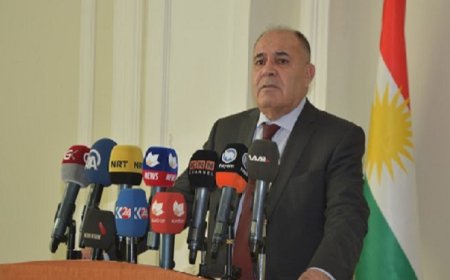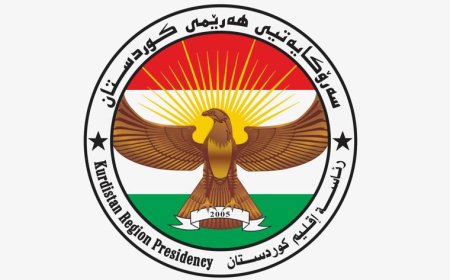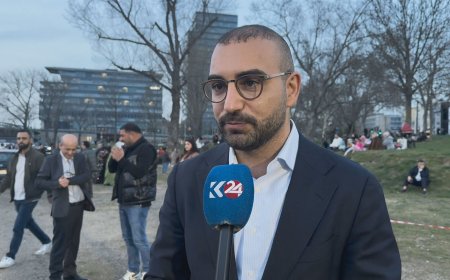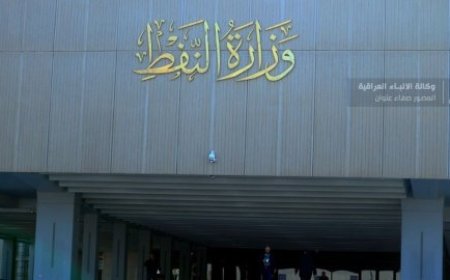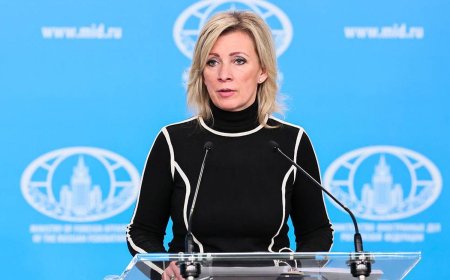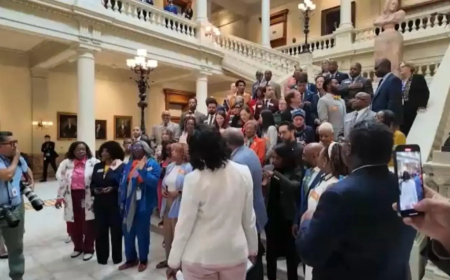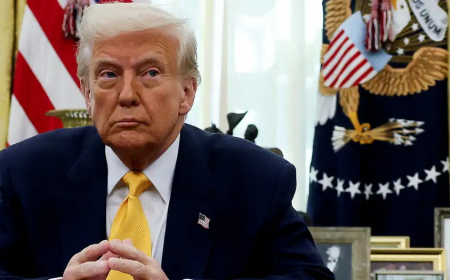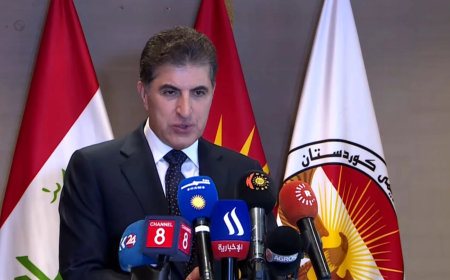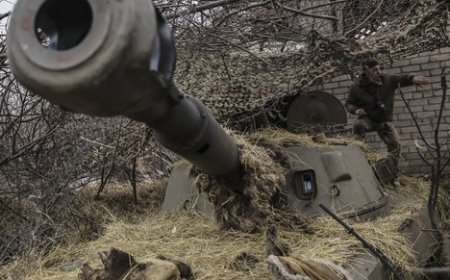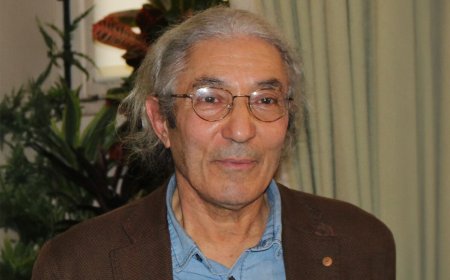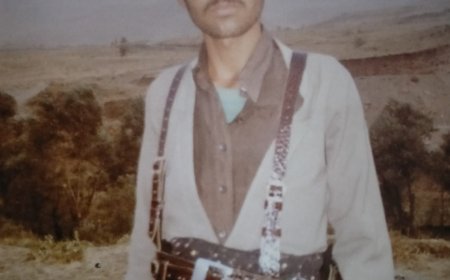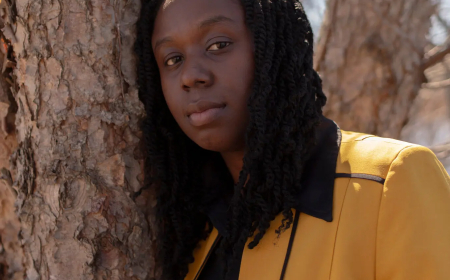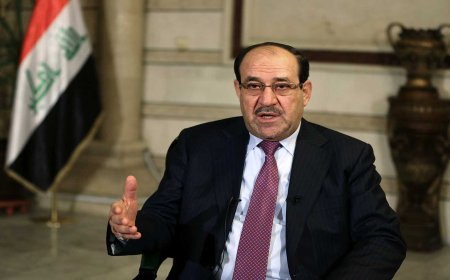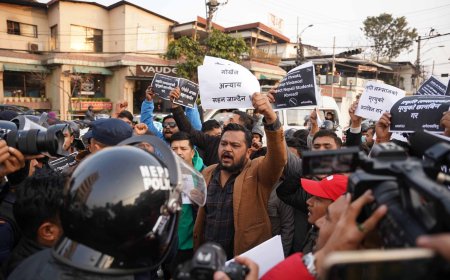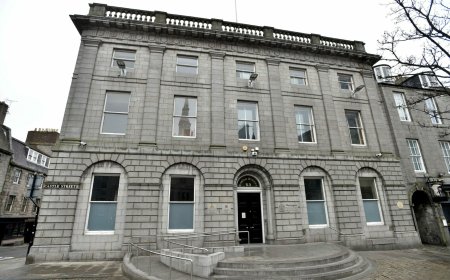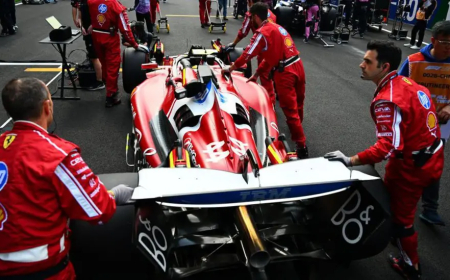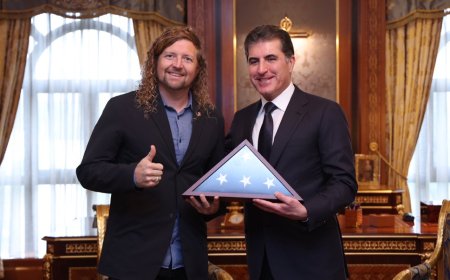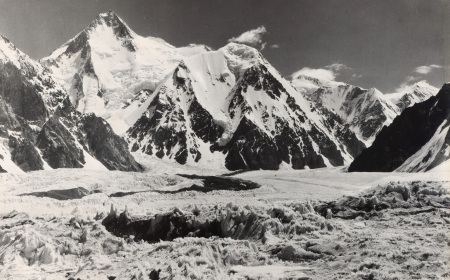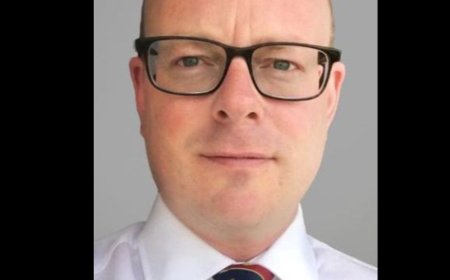A Wise Return to Stability: President Nechirvan Barzani’s Vision
By Dr. Sirwan Abdulkarim Ali
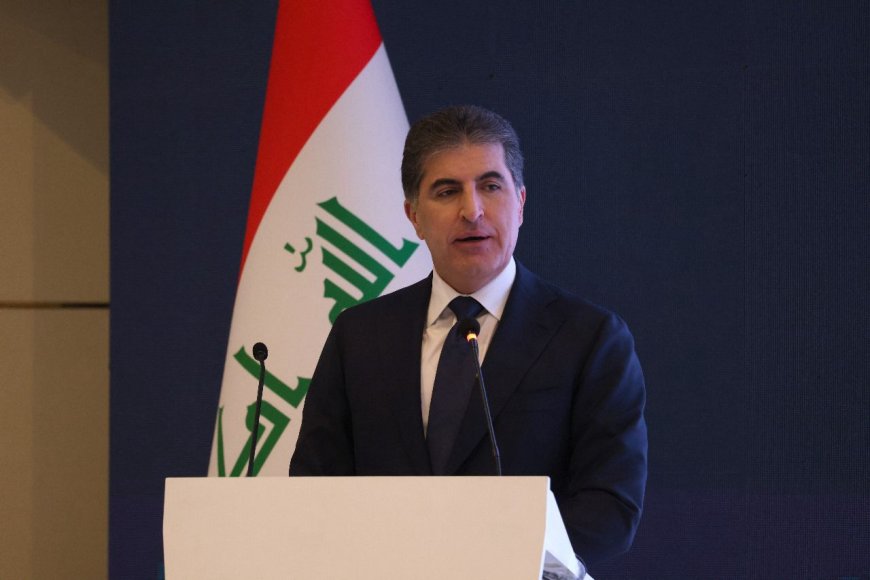
At the Munich Security Conference, President Nechirvan Barzani made a powerful statement, saying, “The only issue we have in Iraq is the problem of traffic jams.” This metaphor underscores Iraq’s significant progress in overcoming major challenges such as political instability, security threats, economic struggles, and sectarian conflicts. While challenges persist, they are now of a more manageable nature—akin to everyday issues faced by countries worldwide.
Barzani’s remarks at MSC and Erbil Forum on February 2025 highlight the need for further patience, governance, and international support to ensure Iraq’s continued stability and development. Just as traffic congestion requires better infrastructure, regulation, and cooperation, so too does Iraq’s path to long-term security and prosperity. With new parliamentary elections on the horizon, this period marks a critical step in strengthening Iraq’s democratic institutions.
Moreover, during his discussions at the MSC and Erbil Forum, President Barzani addressed key economic and security issues, signaling optimism about the resumption of Kurdistan’s oil exports after a prolonged two-year halt. In an interview with Bloomberg News, he stated, “Everything is ready now for us to export our oil. We expect the oil exports to resume by the end of March.” This move could provide a much-needed economic boost, potentially reversing thebillions in lost revenue caused by the shutdown.
Furthermore, Barzani emphasized the importance of the continued U.S. military engagement in the region to counter extremism, urging Washington to reconsider withdrawing troops from Iraq and Syria. “Our biggest concern is extremism and terrorism,” he warned, citing the re-emergence of ISIS in border areas as a serious threat to both Iraq and regional stability.
In President Barzani’s strategic vision, Baghdad remains central to Iraq’s long-term stability, just as Damascus holds strategic significance for the Kurds in Syria. He has consistently encouraged Kurdish political engagement in Baghdad, emphasizing that Kurdistan’s future is inherently tied to a strong and cooperative relationship with the rest of Iraq. Likewise, he has advised the Kurds in Syria to maintain a presence in Damascus, recognizing that any sustainable solution for Syrian Kurds must involve direct political involvement and dialogue with the Syrian government.
This reflects Barzani’s broader diplomatic approach—advocating for political pragmatism, cooperation, and national unity to secure the rights and future of the Kurdish people within their respective states. Building on this, President Barzani addressed the importance of peacemaking efforts in Turkey and Iran, emphasizing that while Kurdistan does not interfere in the internal affairs of any country, it remains committed to being a positive force for regional stability. He highlighted that the Kurdistan Region's relationships with both Turkey and Iran are built on mutual understanding and the broader public interest. This approach reflects a balanced and diplomatic stance—prioritizing constructive engagement while respecting national sovereignty.
The President’s vision presents a hopeful yet pragmatic outlook—one that acknowledges Iraq’s progress while emphasizing the need for continued reform, responsible leadership, and strong international partnerships. His remarks at the Munich Security Conference and Erbil Forum reaffirm Iraq’s commitment to democracy, economic recovery, and long-term stability.
